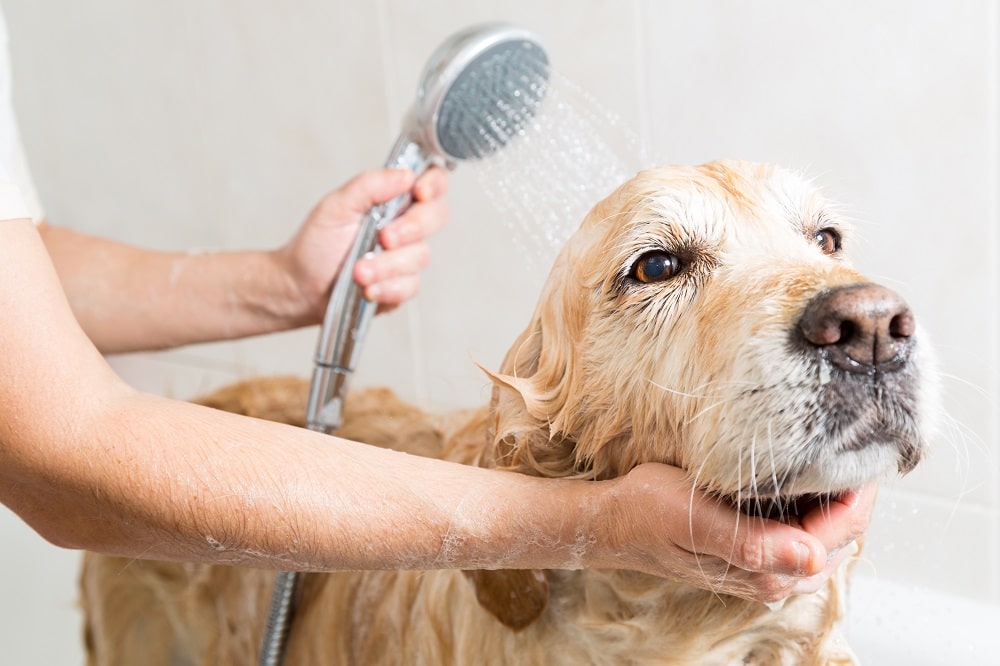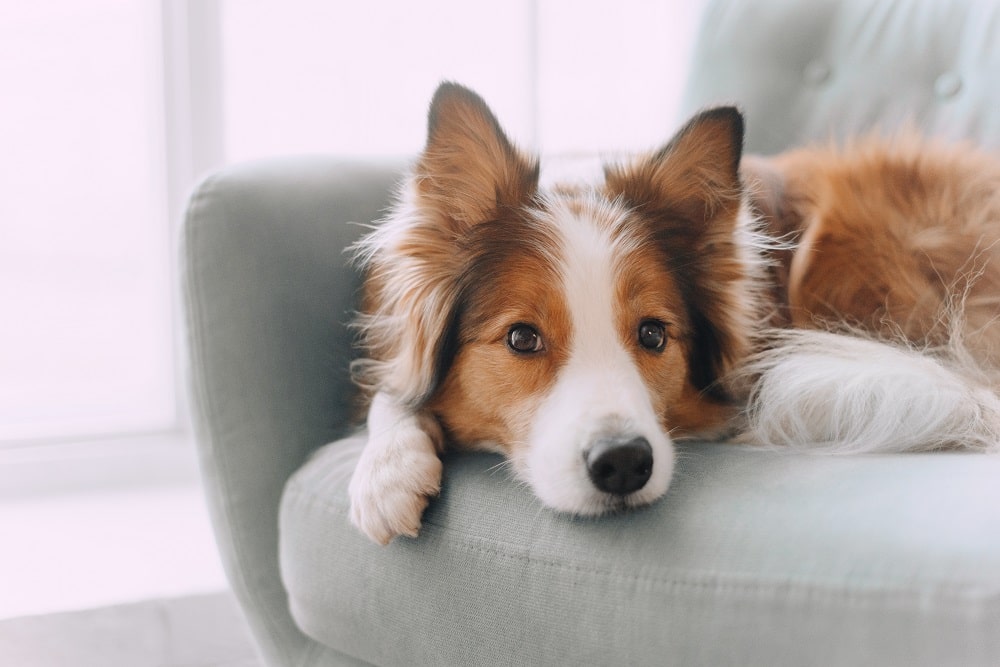If you’ve decided you would like a dog but are lost as to what kind would be a good fit, you’re in luck. Consider a dog’s temperament, size and energy levels when deciding what kind of dog you want. Read on to see our picks for what breed of dog suits your lifestyle.
House with kids
Chances are this was the kids’ idea, am I right? Dogs can do a lot for a family with children. They offer companionship and responsibility. But before you dive in, consider when looking at breeds, if the dog is safe for all members or if they will require ongoing care. A long-haired dog, for example, will need regular grooming or an old dog will need more frequent vet visits. Consider their energy levels. Will they be barking all night when the kids are supposed to be in bed? Read this article about dog sleep schedules to find out more.
Golden retrievers and Labradors are the obvious option when thinking of family friendly pets. They have a caring, protective, and gentle temperament and are okay with laying in front of the fire all day or taking a vigorous hike. They’re intelligent to they’re easy to train and patient around children.
If you’re looking for something smaller, to not take over the whole house, look to the beagle. Loving in nature, love to play, and cute as a button, the beagle will get along famously with children.
Going even smaller, consider a French bulldog. It’s hard to imagine such a big personality in there. They are happy in small spaces and playing with kids.
Other options include the Irish Setter, Boxer, Cocker Spaniel, Collie, Poodle Pug, Chihuahua, Bull Terrier, and Havanese.
City apartment
The question of whether keeping a dog in an apartment is a much debated one, because it is a grey area depending on the breed of the dog. The general rule of thumb is that larger dogs will need more exercise and space and enclosing them would be cruel, but if you are maybe inheriting a dog in its later years, which will therefore not need as much exercise, it’s possible to keep them happy in a smaller space.
There are large dogs who can adapt, or even thrive in a small space. The English Mastiff, for example, are one of the calmest breeds, but will require taking out several times a day to be exercised enough. The Greyhound or Whippet will be content to stay on the couch most of the time if they’re given some good exercise in the morning. Their main perk is their short coat which is easy to clean and their quiet demeanor. Plus, retired race dogs will be used to being in a crate when necessary.
Other large breeds include the Great Danes, the Bullmastiff, the Afghan Hound, and the Poodle.
On the smaller scale, you might want to look at the Bichon Frise. This fluffy adorable dog with its love of people will adapt fine to a small space and city walks. However, they would need a garden or a nearby park to run around in every day. Plus, the other side of the people loving coin is separation and anxiety, and therefore, a lot of barking. Papillons, similar to Yorkies, are tiny in size but big in character. They can adapt well, are intelligent and are eager to please. They’re easy to train and don’t need lengthy walks, but also suffer from separation anxiety. A great compromise is to give them sleep treats such as those seen at xen pets, which help them drift off and give you some peace. This can also help them cope with loud noises when out and about.
Other breeds to consider include a Yorkshire Terrier, Miniature Dachshund, Pomeranian, Cavalier King Charles Spaniel, Basenji, Basset Hound, and Bulldog.
Elderly
If you’re looking for a dog to keep you company, but need something low energy, look to the favorite of the Queen of England: The Corgi. A medium dog with a wiggle that won’t quit, the corgi needs routine exercise, but daily walks are enough for them. On top of that, they have minimal grooming needs. If you’re looking for a tiny dog, consider the Pomeranian, who is an affectionate, cuddly fluffball. If you’re looking for something larger, consider the Greyhound or Whippet as mentioned above.
Other breeds you can look into include the Bichon Frise, Cavalier King Charles Spaniel from dedicated and responsible breeder sites like pineacrespuppies.com, French Bulldog, Maltese, Poodle Shih Tzu, West Highland White Terrier, Pug or Miniature Schnauzer. Avoid breeds like the Border Collie or Husky.
Active people

If you would like a companion on long jogs or walks (or the motivation to take them in the first place) consider a large loveable dog with bundles of energy.
Bred to be herders, the Border Collie is extremely energetic. Much like the rest of us their intelligence forces them to search for a purpose. They can channel their herding instinct into playing with toys, but maybe their mission is to go for a jog every morning?
The Siberian Husky was famously bred to pull sleds, so you know they’re bursting with energy and strength. Bring them on runs, hikes, biking trails and see them light up. Be careful in warmer climates of overheating since their coat is made for the tundra.
Other energetic pups include the Irish Setter, Boxer, Dalmatian, Belgian Malinois, Weimaraner, Jack Russell Terrier, Australian Cattle Dog and Australian Shepherd.
Mental health boost
For an unofficial emotional support dog, look to the Irish Wolfhound. Natural protectors, as the name suggests, they have a sensitive nature that lets them tune into what someone is feeling. They are also big and very cuddly for when you need a hug, but they have short lifespan of just six to eight years that can make saying goodbye difficult.
German Shepherds like to have a job. That, combined with their intelligence and eagerness to please make them great examples for emotional support. They are very loving and loyal and eager to be close.
If you’re looking for something smaller, look to the Yorkshire Terrier that expect and give a lot of attention. Other breeds include the American Staffordshire Terrier, the Golden Retriever, the Labrador, the Corgi, the Cavalier King Charles Spaniel, the Chihuahua, and the Border Collie.

